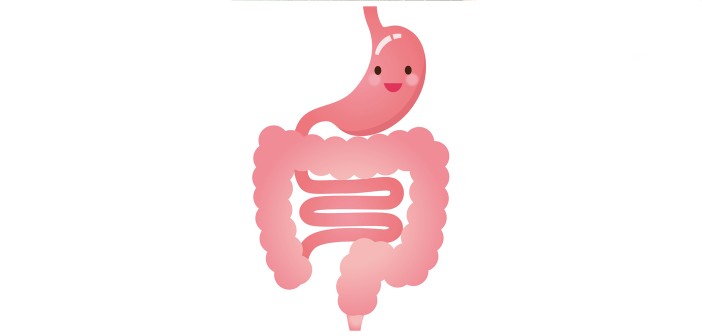If you have fewer than three bowel movements a week, or when the stools are hard, dry and painful or difficult to pass, that is a condition called constipation. According to a systemic review reported in The American Journal of Gastroenterology, it is one of the most common gastrointestinal problems, affecting 42 million people in the U.S.
Frequency of bowel movements can vary from person to person, and constipation occurs in people of all ages; but, it is most reported by women, children and adults over the age of 65. It results in a high number of doctor visits, as well as the need to purchase over-the-counter laxative products.
There are many causes of constipation, such as inadequate water intake, a low-fiber diet and a sedentary lifestyle. It is common during pregnancy, after surgery, during menstrual cycles and is a side effect of many medications. Some medical conditions cause constipation, such as irritable bowel syndrome, hypothyroidism, chronic kidney disease, diabetes, and colon and rectal cancer. Complications of constipation include hemorrhoids, hernias from straining, spastic colon, and uterine and rectal prolapse.
To prevent becoming constipated, it is recommended that you drink lots of water, eat a high-fiber diet that includes fruits and vegetables, exercise and avoid skipping meals. Drinking six to eight glasses of water every day is needed to soften the stool and help move fiber through the gastrointestinal tract. Daily consumption of three vegetables and two high-fiber fruits is also recommended. Apples and berries contain a lot of fiber, and supplements in powder or pill form can also help increase your fiber intake – the goal is to consume 20-35 grams a day. It is important to introduce fiber slowly and make sure you have adequate fluid intake to prevent bloating and constipation. Eating meals at regular times will also help things move through your colon. Exercise is needed to help bowel function, as well; thirty minutes of any type of exercise will help get things moving.
It may be necessary to set aside time after the first meal of the day to have a bowel movement. Sometimes warm tea or coffee may help the process. It is important to sit and not strain for a bowel movement, and using a foot stool can help make it easier.
In severe cases of constipation, a laxative may be necessary if the nightly prune juice, stool softener and glycerin suppository fail. If a laxative doesn’t work, then you can try an enema. It is important to avoid becoming dependent on laxatives. If you notice blood or changes in a bowel movement or have fever with persistent abdominal or pelvic pain, it is time to see a doctor.








